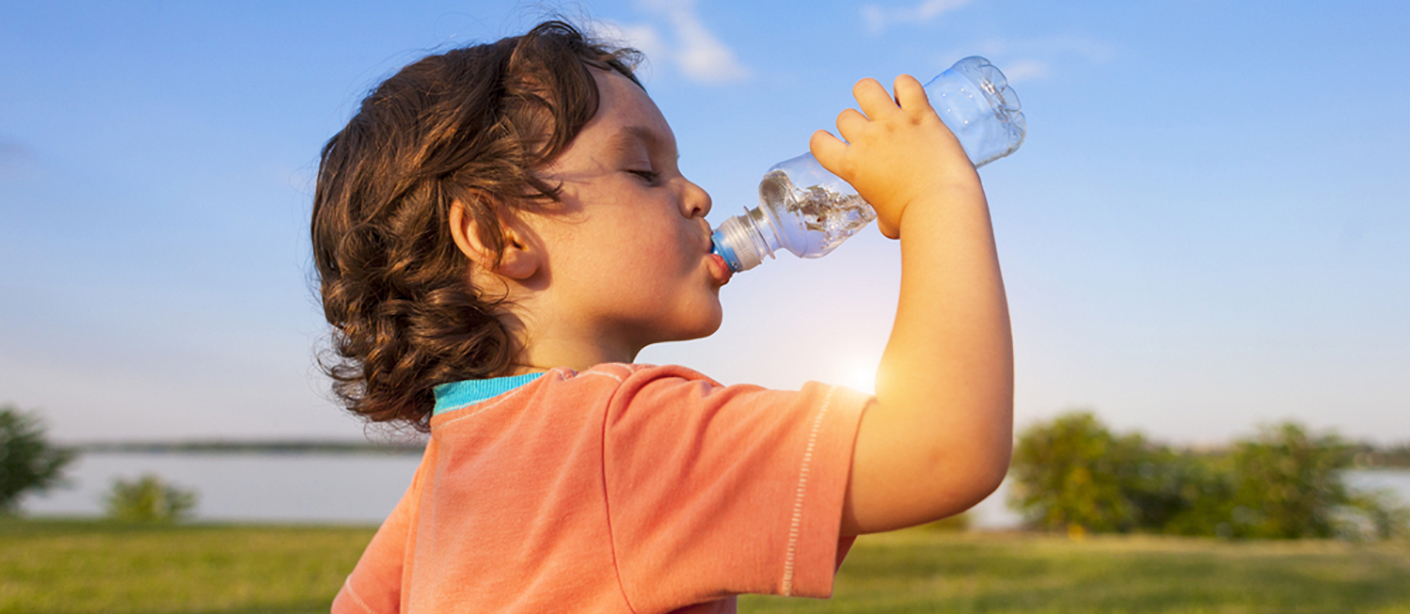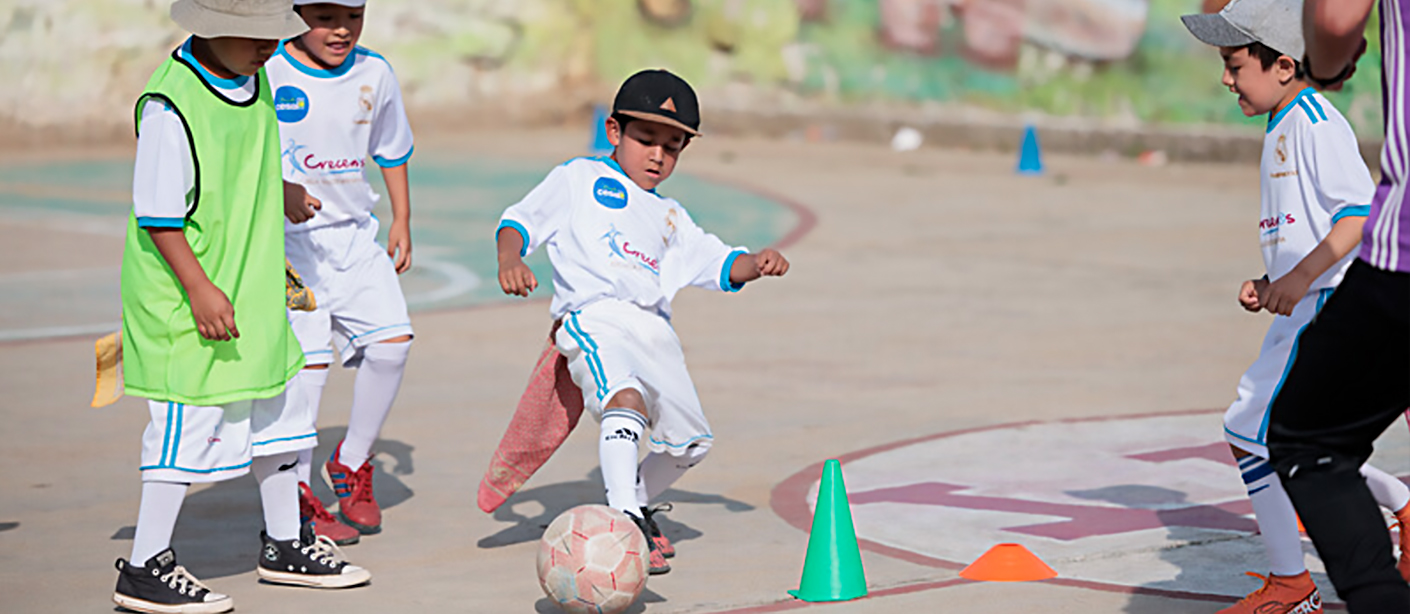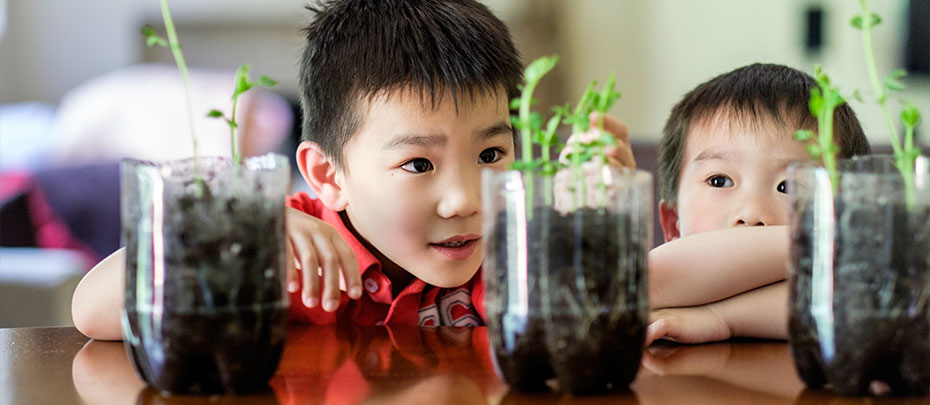Understanding the Signs of Dehydration in Kids
Your school-aged child may show several signs in the early stages or what is termed mild dehydration. It's important to pay attention to their symptoms and take action if you notice they're uncharacteristically thirsty, tired or irritable, breathing faster than usual, have a fever or flushed face, and complain that exercise or play is harder than usual.
Children (and adults) with more advanced dehydration may become dizzy or weak, have constipation, a headache or fatigue. The body also provides other signs, such as dark-colored urine.
Using Urine Color to Assess Hydration in Children
Urine color is a good indicator of hydration status. A well-hydrated person will have clear to pale-yellow urine, often described as "straw-colored." Medium-yellow urine indicates a need for more fluids, and amber-colored urine is a distinct sign of dehydration.
If your child's urine is darker than amber-colored, contact your healthcare provider. Similarly, if your child urinates less than four times in 24 hours, seek medical attention.
Preventing Dehydration Before It Starts
Now that you know approximately how much fluid your child needs in a day, you can ensure that your child stays well-hydrated. Start with the assumption that your child is awake and alert for at least 12 hours a day. Then, divide the number of cups of fluid your child needs by 12.
For example, if you have a 14-year-old daughter, she typically needs eight cups of fluid per day according to the information above. Eight cups per day divided by 12 hours per day is a two-thirds cup per hour. Now it's clear that she needs to drink about a two-thirds cup of fluid every hour, 12 hours a day, to stay hydrated — without accounting for any intense workouts or sports or spending time in extreme heat. If she exercises, she'll need additional fluids, and if she’s sweating, she's also going to lose critical electrolytes like sodium and potassium.
To help her prevent dehydration on the field, encourage her to drink double her usual amount of water in the two hours prior to play. (In this case, 1 1/3 cup per hour.)




Social Share